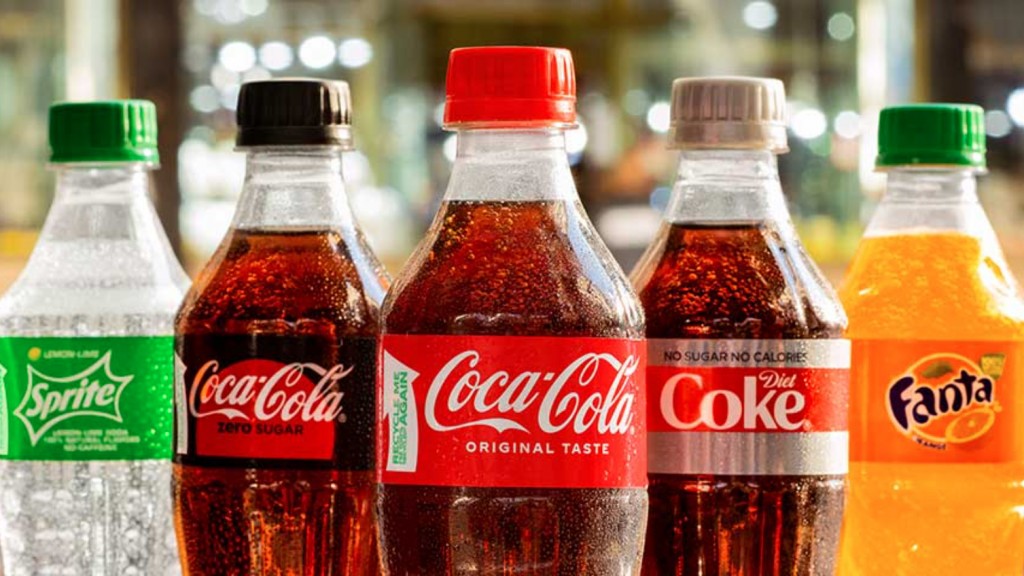75 percent of Whole Foods stores abandon bottle and can recycling as redemption rate sinks
With redemption centres closing at a record pace, now major supermarket chains that must choose to either redeem bottle deposits in store or pay a daily fee to the state are buying their way out of in-store redemption in record numbers.
75 percent of Whole Foods stores have opted out of having to recycle. With few places to get their bottle and can deposits returned, California's redemption rate for 2020 has sunk to a low of 58 percent, leaving it third to last among ten bottle deposit states.
The collapsing bottle deposit system is why eight consumer and environmental advocacy groups are supporting legislation, SB 38 (D-Wieckowski), to transform the system into one that assigns responsibility for recycling to the beverage industry for an 85 percent redemption target.
"It's particularly egregious that grocers with green reputations, such as Whole Foods Market and Trader Joe's, are paying greenbacks to get out of refunding consumer CRV deposits and recycling," said Consumer Advocate Liza Tucker. "Letting them and other major chains such as Costco out of recycling defeats the whole purpose of the bottle deposit system and is another the reason why our redemption rate for all of 2020 has hit 58 percent. It's time we set an 85 percent redemption rate and required the beverage companies who make money off the system to meet that target."
In 2020, consumers got back little more than half of the nickel and dime deposits they paid into the system totaling $1.43 billion.
Groups supporting SB 38 include Consumer Watchdog, The Story of Stuff Project, Climate Hawks Vote, Environment California, Save Our Shores. Food & Water Watch, Greenaction, and Alliance of Nurses for Healthy Environments.
"Your bill is squarely in keeping with Governor Gavin Newsom's goal of building a circular economy in California," the groups wrote in a letter to Senator Wieckowski. "The Governor's newly released budget directs CalRecycle to focus on 'creating a true circular economy that recognizes waste as a potential economic resource to be reduced, reused or remanufactured into new products.'"
The support for structural reform comes at a time when:
- More and more grocers with green or consumer-friendly images are paying their way out of bottle redemption. Out of 82 Whole Foods stores operating in the state, 62 stores are opting to pay a total $1.7 million a year not to recycle. Trader Joe's has signed up one third of its stores to pay their way out. Right now, 61 Trader Joe's stores out of 182 are paying $2.2 million a year to skip redemption.
- California's consumer redemption rate for empty containers hit an average 58 percent for 2020. The latest beverage industry sales data published by CalRecycle covering all of 2020 shows that the redemption rate has sunk 12 percent over 2019. The recycling rate—which includes the containers that waste haulers collect from recycling bins together with the CRV that consumers "donate"—fell 10.4 percent over last year to 67.6 percent.
"We need supermarkets to step up and perform their legal obligation as recyclers of last resort more than ever as these centres close," said Tucker. "The bottle deposit system is imploding. We have less than half the number of redemption centres than in 2013, and the state is allowing grocery stores to turn their backs on consumers, depriving them of ways to get back more than half a billion dollars in nickel and dime deposits each year."


